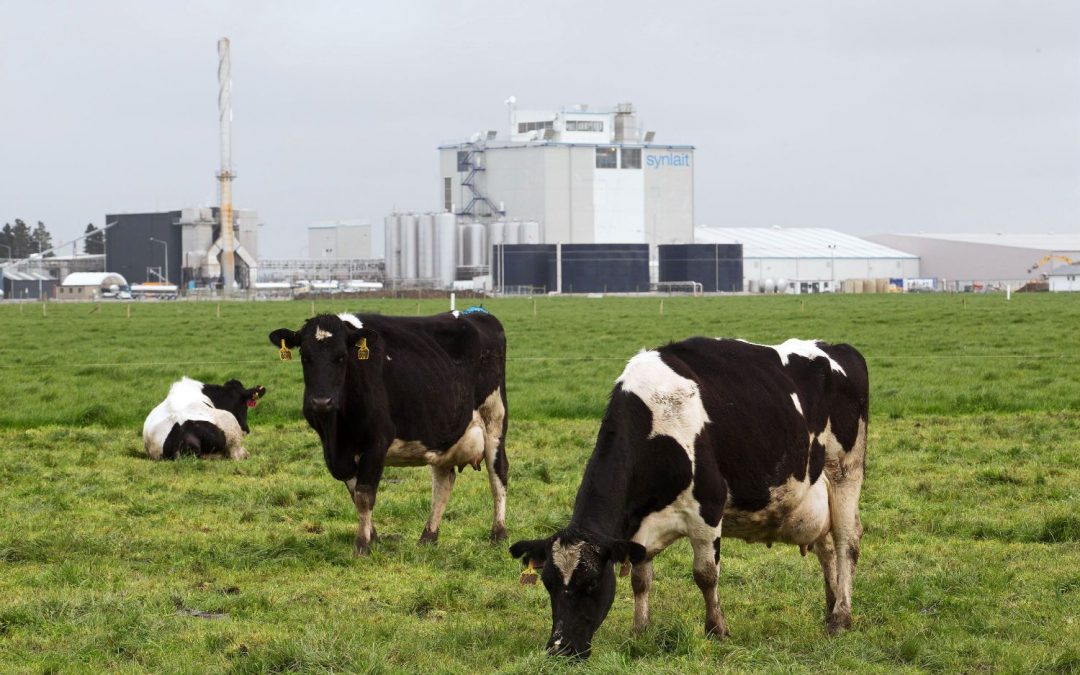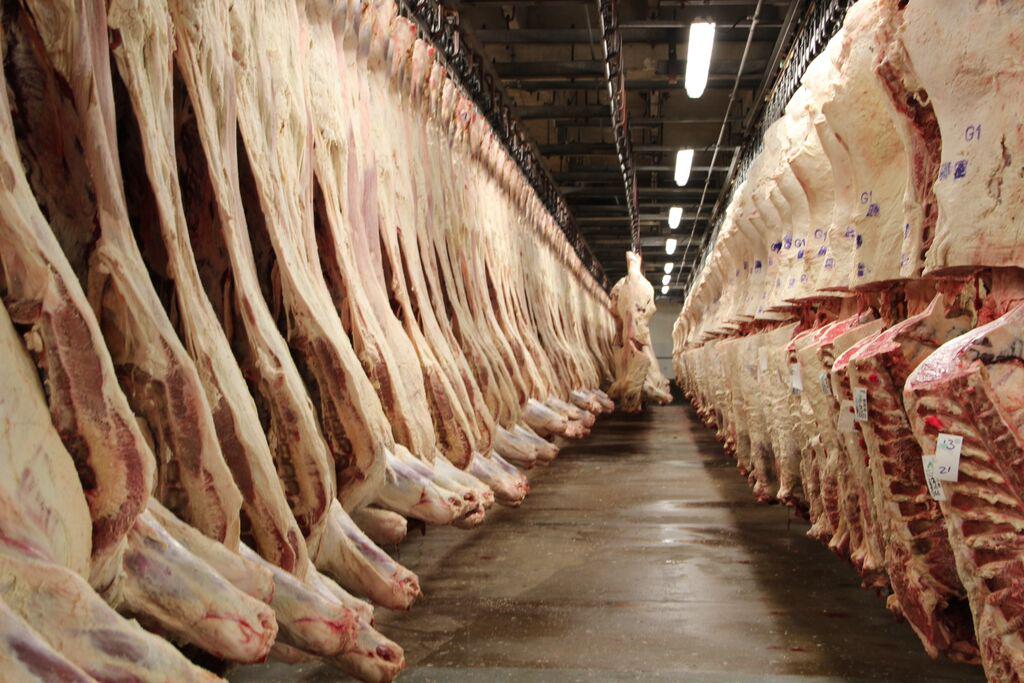

Profuse’s technology works during the differentiation and maturation phases of the myogenesis process. The start-up's supplement optimises the muscle creation process (right). We enhance this natural biological process by making it more efficient.” “It’s a huge whitespace, and that’s where we come in. Improving the efficiency of differentiation and formation of muscle in the cultivated meat industry ‘definitely’ requires intervention, according to the CTO. Eigler quickly saw the potential this technology could have on cell-cultivated meat.

“We identified a molecular pathway in muscle stem cells that regulates the process of muscle formation very strongly and efficiently,” she recalled. While investigating the different regenerative effects of muscle at the Weizmann Institute of Science near Tel Aviv, Dr Eigler-Hirsch found herself ‘playing around’ with muscle stem cells in a lab. Unlike Michrwoski, who serves as Profuse Technology’s CEO, co-founder Dr Eigler-Hirsch comes to the business with an academic research background. Activating a biochemical signalling pathway for efficient muscle creation

Not a cell-based meat company itself, Profuse instead supplies to producers of cell cultured meat. A proponent of the cell-cultivated meat sector, Michrowski – together with co-founder Dr Tamar Eigler-Hirsch – founded Profuse Technology in Northern Israel, where it is a member of the Fresh Start incubator. But it needs to be produced in a different way, with sustainability and food security in mind. Michrowski came to the conclusion that ‘actual’ meat can’t be taken off the menu. They’re polite, but basically throw it out the window,” he mused – only half in jest. “On occasion, I offer my kids plant-based meat analogues. The entrepreneur is doubtful plant-based alternatives will ever truly substitute meat by mimicking taste, texture, aroma and nutritional profile. Indeed, it has been projected that global demand for animal-derived protein will double by 2050, resulting in concerns for sustainability and food security. “People will not become vegans and stop eating meat, because people love meat and believe they need it for protein.” The problem is, in fact, bigger than that in Michrowski’s eyes, who after shunning all animal-based foods realised he was not only in the minority, but that he would continue to be. “I used to be a chef before I started in the tech business,” he recalled. Although tech has now been his life for 25 years, prior to working with computers in a lab, he was working with knives in a kitchen. Emulsifiers, stabilisers, hydrocolloidsĮntrepreneur Guy Nevo Michrowski is a vegan who loves meat.Chocolate and confectionery ingredients.Carbohydrates and fibres (sugar, starches).


 0 kommentar(er)
0 kommentar(er)
